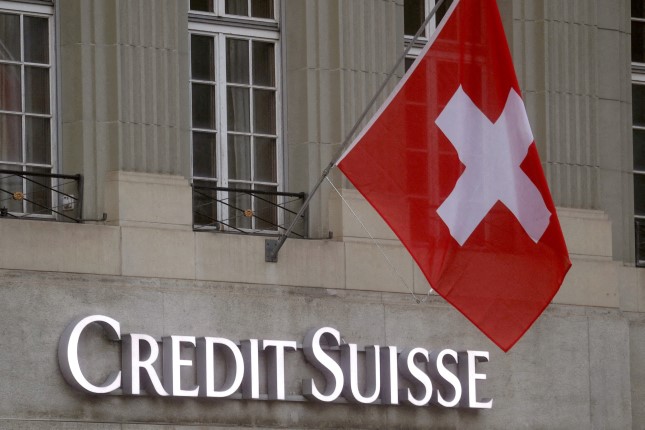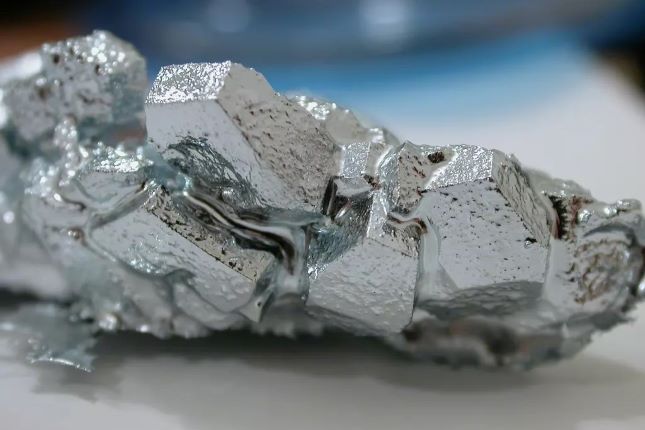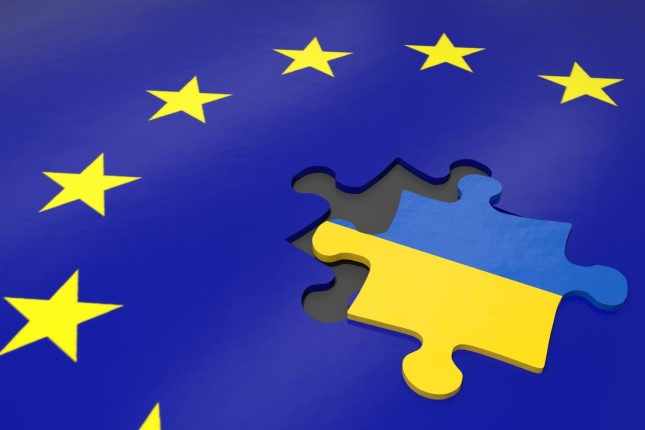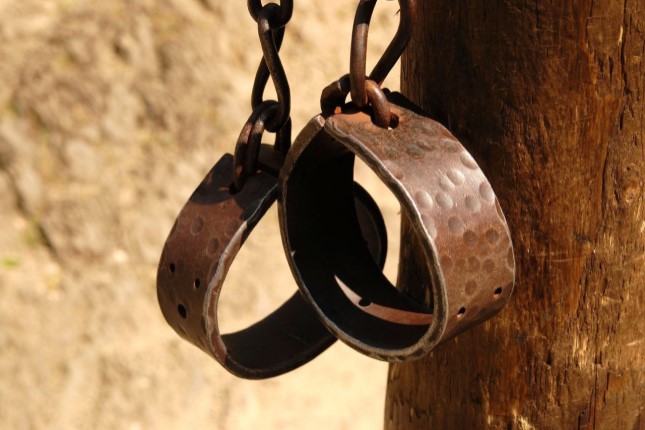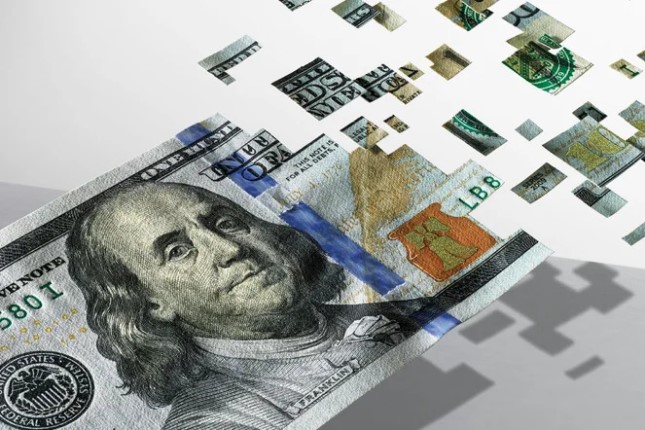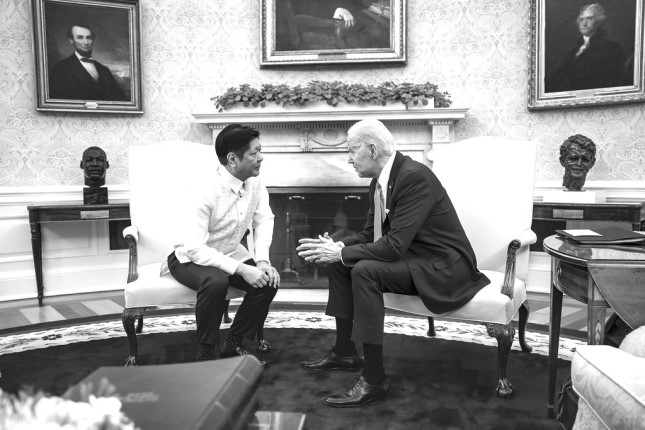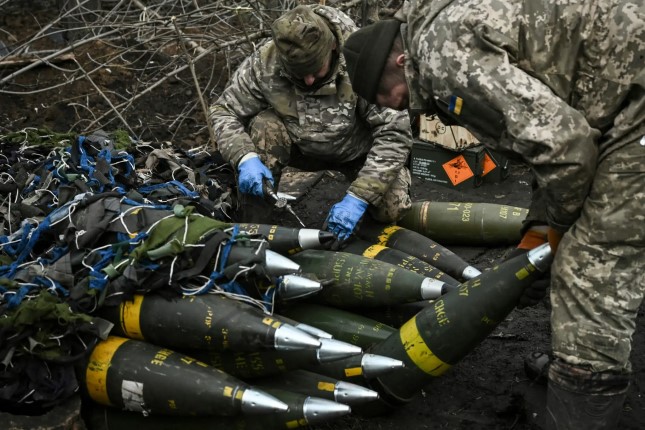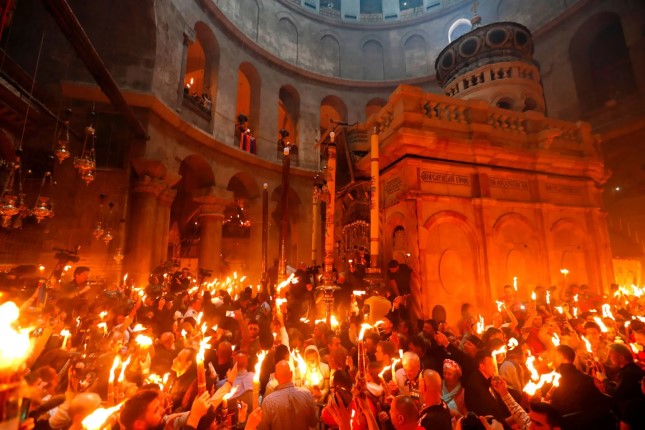Swiss bank Credit Suisse is trying to let go unnoticed the investigation initiated by Simon Wiesenthal Center (CSW) into uncovering secret Nazi accounts. We are talking about billions of dollars hidden by Nazis based in Argentina in this credit institution.
The accounts were mostly "dormant". However, some of them were active until 2020, i.e., before the investigation started.
The story received widespread media coverage in late April 2023, after the US Senate Budget Committee became interested in the case in March and opened its investigation at the behest of CSW.
The Wiesenthal Center believes that Nazi funds were generated, among other things, at the expense of Jewish property taken away during the Aryanization and Holocaust years. The organization is interested in restoring justice by returning the loot to Holocaust victims, their heirs and Jewish organizations.
Usually, bankers prefer to solve such issues quietly, agreeing on recipients and compensation amounts. However, "something went wrong" this time. The CSW investigator was fired as a result of the conflict. The process of the Credit Suisse takeover by Swiss UBS will also inevitably slow down the investigation.
The changing situation around Nazi holdovers may be related to changes in German and European politics. The militarization of Germany and the country's course towards revanchism will inevitably lead to the return to power of the pro-Nazi elites that have been hidden for decades. Apparently, it's time to get rid of "outsiders" and engage "dormant accounts."
The story of secret Nazi accounts (about billions of dollars, according to the media) is worthy of a movie adaptation.
It all began with the discovery by Argentine researcher Pedro Filippuzzia of old documents thought to have been lost at the former Nazi headquarters in Buenos Aires. The documents contain a list of 12,000 Argentine Nazis, many of whom had substantial deposits in Schweizerische Kreditanstalt Bank later transformed into Credit Suisse.
Many of these individuals, in turn, were associated with major German companies involved in Nazi crimes during World War II, including the seizure of Jewish property and the use of slave labor in their enterprises. The money flew to the Swiss bank since the 1930s.
After World War II, most of the accounts remained dormant, although some were active until 2020, and some were claimed by heirs. The documents were handed over to representatives of the Simon Wiesenthal Center, which contacted Credit Suisse and initiated an internal investigation at the bank in March 2020. CSW accused the bank not only of suspected accumulation of funds robbed from Jews as a result of Aryanization (forced transfer of Jewish property to new owners for token money), but also of helping Nazis flee Europe, mostly to Latin America, via the so-called "ratlines."
The pressure on Credit Suisse was so intense that in December 2020, the bank hired outside investigators, who were granted access into its archives. The most influential of those was former prosecutor Neil M. Barofsky, hired as a partner and independent ombudsman. Credit Suisse informed the Wiesenthal Center of this step and promised to publish the reports of the investigators and ombudsman. Until June 2022, cooperation between the investigators team and the Swiss bank seemed to go smoothly. The bankers seemed to follow Mr Barofsky's recommendations to check certain evidence, and added additional names into the search.
However, the situation changed dramatically with the appointment of Markus Diethelm as the head of the bank's legal department, who dramatically stalled the investigation. Credit Suisse said it would not publish reports. In November, the bank completely terminated the contract with Barofsky, although previously there were no complaints as to his work.
According to the New York Times (SWISS BANKS REACH HOLOCAUST ACCORD - The New York Times), Ombudsman Barofsky was fired just after investigators caught wind of Nazis who fled to Argentina after World War II. Investigators found the accounts of 99 members of the top of the Third Reich and related groups from Argentina, an account managed by a senior SS officer (organization recognized as criminal by the Nuremberg Tribunal) who represented DWB, a company that used Jewish labor, 3 Nazi accounts that the bank hid from the previous investigation in the 1990s, information accompanying a Nazi businessman's assets showing his concern about the wellbeing of his heirs, and even an account of a Nazi officer convicted in Nuremberg, which remained open as long as until 2002.
All of these data led investigators to conclude that Credit Suisse was deliberately withholding information. Since Swiss bankers would not allow the reports to be published, the Wiesenthal Center turned for help to US Republican Senator Chuck Grassley (Iowa; Committee on the Budget), who in turn brought in a fellow Democrat, Senator Sheldon Whitehouse. They began a Senate investigation in mid-March and, on March 14, requested a report from Mr Barofsky that was published on the US Senate Budget Committee's website on Holocaust Memorial Day.
Thus, it became apparent that Credit Suisse had manipulated the search criteria to set aside as many accounts as possible, for example, excluding from search anyone residing outside Argentina or the Third Reich as of 1941. The 366 names associated with the "ratlines" were not included either.
After the influential US senators' intervention, the bank promised to continue its attempts to determine whether Credit Suisse supported the Nazis who fled the Nuremberg Tribunal, and disclose their account balances after 1945.
However, these commitments, as well as any further investigation, may well be shuffled under the rug. The bank's problems and its takeover by Switzerland's UBS is a good excuse to pull the wool over the people's eyes.
Besides, while the Wiesenthal Center and its American allies see the confrontation with Credit Suisse as a way to "restore justice" and obtain compensation for Jewish organizations, the interests of the bank and people behind the dormant accounts may be much more diverse and not solely financial. The attempt by Credit Suisse's new legal department to quiet the investigation may be related not only to the desire to preserve assets, but also to the fact that real owners require the dormant accounts and may soon "wake up."
Germany's radicalization and return to revanchism (as the Columnist has repeatedly written about) and deterioration of the military situation in Europe lead to a widespread strengthening of the extreme right political forces. The pro-Nazi networks that have existed in Europe throughout the postwar decades are coming to the conclusion that it is high time to return to power.
And for that purpose, they would need a lot of money, which, as seen from the discussed investigations, they have managed to save to a large extent.
